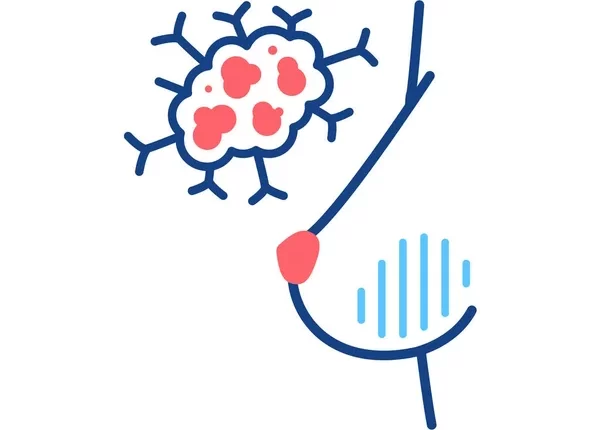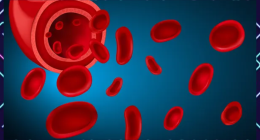Machine Learning Predicts MS Disease Progression with 11-Protein Panel – A new study published in Nature Communications has identified a combination of just 11 proteins that can predict long-term disability outcomes in multiple sclerosis (MS). This breakthrough could pave the way for personalized treatment strategies based on individual disease severity.
Machine Learning Predicts MS Disease Progression with 11-Protein Panel

The key findings
A combination of 11 proteins, measured in cerebrospinal fluid, can accurately predict both short and long-term disease activity and disability outcomes in MS patients.
This approach is more reliable than measuring proteins in the blood, as it better reflects what’s happening in the central nervous system.
Early identification of patients who might require more aggressive treatment could help prevent disability and improve quality of life.
MS is a chronic and debilitating disease that affects the central nervous system. Disease progression varies greatly between individuals, making it difficult to predict who will experience severe disability. This study offers a promising tool for personalized treatment, allowing doctors to tailor therapy based on individual risk factors.
Benefits for patients and healthcare professionals and Future directions
Patients: Early identification of patients at risk for severe progression could allow for prompt initiation of more effective treatment, potentially preventing disability and improving quality of life.
Healthcare professionals: This research could provide a valuable tool for guiding treatment decisions and optimizing patient outcomes.
The researchers plan to further validate their findings in larger clinical trials.
They also aim to develop a diagnostic test based on the identified protein panel.
This research could pave the way for the development of new and more effective treatments for MS.
The study was conducted by researchers at Linköping University in Sweden, in collaboration with the Karolinska Institute and the University of Skövde.
The researchers analyzed nearly 1,500 proteins in samples from 92 people with suspected or recently diagnosed MS.
They used a combination of machine learning and a highly sensitive protein measurement technique called proximity extension assay combined with next-generation sequencing (PEA-NGS).
Conclusion: A Personalized Approach to MS Management
This groundbreaking study holds immense promise for revolutionizing MS management. By predicting disease severity and tailoring treatment strategies to individual needs, we can potentially improve patient outcomes and quality of life. The identification of a small panel of easily measurable proteins and the application of advanced technologies like PEA-NGS bring us closer to a future of personalized healthcare for MS patients.
The study was funded by several organizations, including the Swedish Foundation for Strategic Research, the Swedish Brain Foundation, and the Swedish Foundation for MS research.
ALSO READ: What’s the link between circadian rhythm and night eating syndrome?









